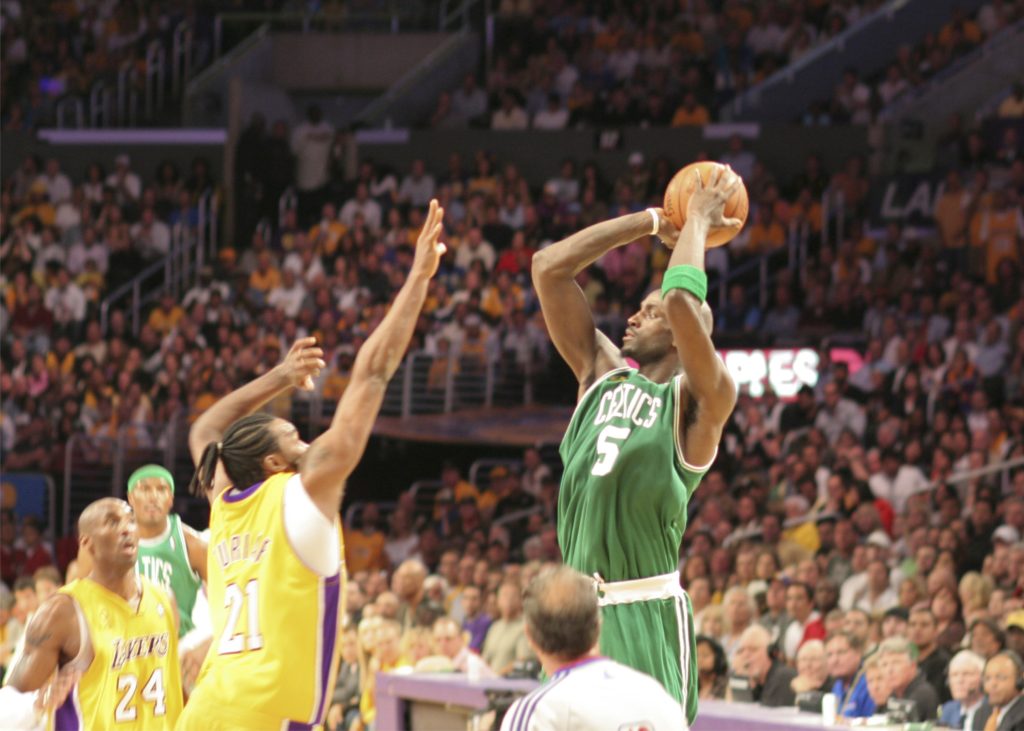Quick Hits
Daily brief research updates from the cognitive sciences

That may sound like an odd thing to say, and this research is now actually a few years old, but is nevertheless still misunderstood. We all seem to generally feel that more talent leads to a better team. This applies to sports teams as well as to business teams. I have just come back from a conference in the life sciences sector and one panel was talking about talent. The discussion revolved around finding the best people.
This research suggests, that finding the best people may not be the most important strategy but finding the most suitable people – that is different – but this also isn’t always the case. It depends on how the team must operate together.
Adam Galinsky and Vikram Pandit of Columbia Business School have researched a number of team-based situations, from egg production in chicken coop. Yes, you read that correctly, chickens also need to produce effectively, and their performance, egg laying, drops in certain teams! To 10 seasons of professional basketball and baseball.
What did they find?
They found that “team coordination suffers when there is too much talent”. Not a good thing for team performance. Simply put, too much talent creates a conflictual “pecking order”, see that research into the chickens is suitable, top talent tries, understandably to be higher in the pecking order and this causes conflict and inefficiencies and conflict.
This is similar to what I wrote about in my popular article on underperforming high performers, when some people can help teams to perform better without being star performers themselves.
This means that just stacking teams with talent is not necessarily the best strategy – but this is what we automatically do. Intuitively it feels like the best thing to do – whether in sports or business. However, Galinsky does note that it depends on the team. Or rather it depends on the amount of collaboration needed.
Teams that require higher collaboration, in Galinsky’s research basketball teams, need a range of talent levels to perform to their best. In contrast teams that need less coordination and can work individually, in this case baseball teams, pitchers and hitters work independently, stacking the team with talent is a good strategy.
So, there you go – in business or sports you do need to think of how teams need to operate together and therefore what sort of talent you need. Our own internal data with our assessments show the same thing. And yes, you can measure team cohesion.
But for now, be careful of how much talent you wish for.

Andy Habermacher
Andy is author of leading brains Review, Neuroleadership, and multiple other books. He has been intensively involved in writing and research into neuroleadership and is considered one of Europe’s leading experts. He is also a well-known public speaker, speaking on the brain and human behaviour.
Andy is also a masters athlete (middle distance running) and competes regularly at international competitions (and holds a few national records in his age category).
References
Swaab, R. I., Schaerer, M., Anicich, E. M., Ronay, R., & Galinsky, A. D. (2014).
The Too-Much-Talent Effect: Team Interdependence Determines When More Talent Is Too Much or Not Enough.
Psychological Science, 25(8).
https://doi.org/10.1177/0956797614537280
More Quick Hits
Groovy Music Improves Brain Performance
Quick HitsDaily brief research updates from the cognitive sciences et into the groove… or so sang Madonna with her hit single in 1985. Little did she know at the time but getting into the groove certainly does seem to be beneficial for you - not to...
Even Moderate Alcohol Consumption Linked to Brain Decline
Quick HitsDaily brief research updates from the cognitive sciences he tide seems to have turned on alcohol. Though we have always known that excessive alcohol consumption is negative there were for a long time inconsistencies with the research into...
Flu Vaccination Dramatically Lowers Risk Of Alzheimer’s
Quick HitsDaily brief research updates from the cognitive sciences am always interested in headlines that are related to brain health. And though Alzheimer’s is a long way off for (hopefully) me, this still struck me as interesting. For me this...
How Mindfulness Meditation Reduces Pain
Quick HitsDaily brief research updates from the cognitive sciences indfulness meditation has been shown to be beneficial for many things such as lowering stress, increasing wellbeing but also making better decisions and being less biased. Not bad....
You Smell Like Your Friends
Quick HitsDaily brief research updates from the cognitive sciences e all know that dogs like to sniff each other - often in "delicate" parts of their body. We also know that many other animals have very good sense of smells. But in our daily lives,...
Social Interactions Define Your Sense of Purpose
Quick HitsDaily brief research updates from the cognitive sciences aving a sense of purpose is a pretty good thing to have because it seems to correlate with multiple health and life satisfaction measures. If you have a healthy sense of purpose you...






